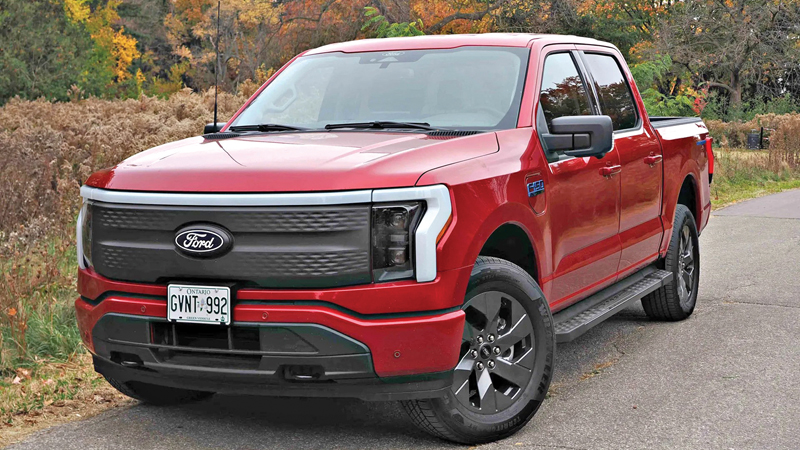A recent news item in a national newspaper quoted a prominent parallel importer of vehicles as saying that consumers should think twice about buying Electric Vehicles (EVs) as they depreciate sharply over a few years and also that the batteries may not be very reliable in the long run.
It is true that high-end luxury EVs depreciate sharply, but that is common to all luxury vehicles, EV or Internal Combustion Engine (ICE). That is why most experts say that you should never buy a super luxury car brand new. Buy such a car with say, 80,000 Km on the clock, do a super service, and you have a virtually brand new car that you can use for another five or six years without any major issues, the high service bills notwithstanding.
However, new research, published on this page, suggests that many of the scare stories about the longevity or lack thereof of EV batteries are simply not true. A well-maintained EV battery can last nearly 20 years, which can outlast the car itself as other mechanical components give way around 15 years or so. But with fewer parts in play apart from the battery itself, an EV could actually outlast an ICE car with a lifetime of 13-14 years.
Fast charging is convenient, but EV battery experts say that normal charging can actually enhance battery life and quality. This is also true for smartphone batteries. In fact, two of the biggest car EV battery makers in the world today – BYD and CATL of China – started out as phone battery makers, so they know a thing or two about EV batteries.
Thus the best way to charge is at home from an AC Charger, possibly using solar panels. Fast DC charging should be reserved for occasions when you have to top up in a hurry or during a long journey, just like filling up a fuel tank in an ICE car. As we have always maintained, there should be a wider DC supercharger network in the country precisely for this reason.
While there is a charged (!) debate about the ideal time to sell a (used) EV, a safe bet is five years, with less than or slightly over 100,000 Km on the clock. That will give the seller a good price and buyer, peace of mind, knowing that it can be used for a solid five years more. Sri Lanka’s pure EV market is still nascent, so we cannot predict what the used prices will be like.
Right now, our used car market is highly distorted. Where else in the world can you sell a used ICE car at three or four times the original price? Just last week, one of my friends sold a thirty year old pickup truck for three times its original purchase price. Another sold his seven year old car for slightly over double the original price. Granted, the currency has lost its value a fair bit in the intervening years, but still, it should be impossible to sell a used car for double the original price.
Perhaps Sri Lanka is the only place where cars have appreciated in value over the years. One can understand that happening with lands and property, but a car generally loses value the moment it is registered and it should all be downhill from there. True, some cars hold their value well over the years, depreciating may be around 20 to 25 percent. But there is simply no way that a car could command even its original sticker price five years down the road, leave aside three times the original value.
This distortion in the used car market should correct itself over the next few years as more cars enter the market. But what stops that from happening right away is the very high price of brand new vehicles, with even a 660 CC Japanese Kei car commanding a price of at least Rs. 8 million. That car would be around 2 million Yen, which is roughly equivalent to Rs. 4 million.
The rest are taxes applied locally. In the future, if the very high excise and other duties/taxes are reduced, not to mention VAT, more people will be able to buy brand new cars, pushing the prices of used cars to more realistic and bearable levels. And we need to provide further incentives and concessions to the local manufacturers and assemblers to face the onslaught of imports, though that is a topic for another column.
In the meantime, car and battery makers will not rest on their laurels. They will improve battery range, durability and charging times (even when using AC chargers). Very soon, EVs will also achieve price parity with ICE cars, even without any Government concessions and grants (as done in some countries to make EVs more affordable). The sky’s the limit for the future of EVs.
– Pramod de Silva ([email protected])







